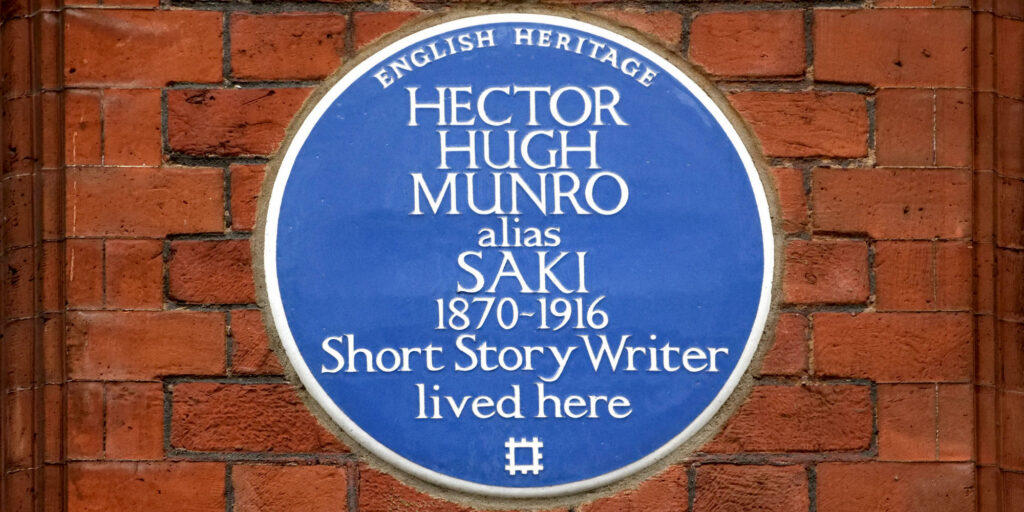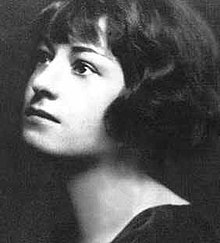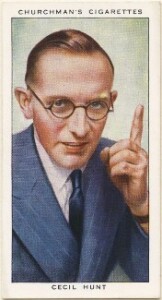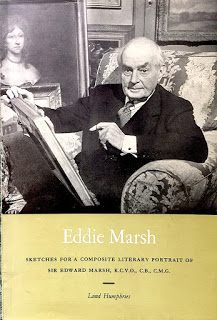
In her anthology entitled First Lines (1985) Gemma O’Connor declared that few celebrated writers in English opened their novels and memoirs with arresting first lines. Dickens, Joyce, and Jane Austen were a handful that did, but others, like Hardy and De Quincey, managed to keep the readers’ attention without providing intriguing first lines. Perhaps it’s gift that certain writers of fiction (O’Connor excludes poets from her anthology) had, regardless of their eminence. Short story writers, like James Stephens and Saki, were masters of this art and indeed most writers of this type of fiction were aware that they needed to start well. Here are some of the most memorable first lines selected by Ms O’Connor. Guessing the authors of them might make an amusing party game.
This book is largely concerned with Hobbits.
J. R. Tolkien, The Lord of the Rings.
I hate to read new books.
William Hazlitt, One Reading Old Books.
It is difficult for a man to speak long of himself without vanity; therefore I shall be short.
David Hume, Life, written by himself.
Let me tell you the story of my life.
Maxim Gorky, A Confession.
Once upon a time, and I very good time it was….
James Joyce, Portrait of the Artist as a Young Man
It was the best of times, it was the worst of times…
Charles Dickens, A Tale of Two Cities.
Ours is essentially a tragic age….
Continue reading




